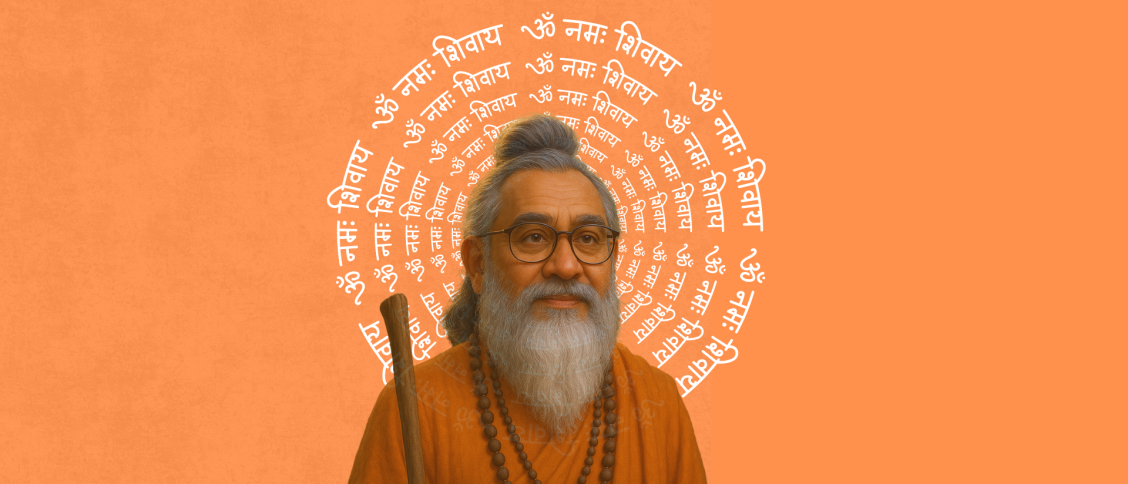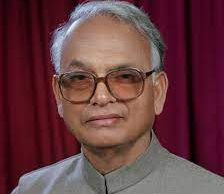Sage Jabali is a fascinating and often misunderstood character from the epic tradition of ancient India. While he appears briefly in the Valmiki Ramayana, his words and actions spark one of the most intellectually charged moments in the narrative. Jabali also finds mention in Ramcharitmanas by Tulsidas, though portrayed differently, reflecting the evolving views on religion, duty, and rationalism in Indian thought.
Jabali in Valmiki Ramayana
In the Ayodhya Kanda of the Valmiki Ramayana, Sage Jabali is introduced as one of the learned Brahmins and royal advisors to King Dasharatha. When Rama chooses to go into exile to honor his father’s promise to Kaikeyi, Jabali accompanies Bharata’s mission to persuade Rama to return to Ayodhya.
In this key episode (Ayodhya Kanda, Sarga 108–109), Jabali challenges Rama’s decision with a strikingly materialist and rationalist argument. He asserts that:
- Dharma and rituals are man-made constructs.
- There is no evidence of an afterlife or soul.
- Fulfilling promises at the cost of one’s well-being is foolish.
- One should enjoy life, as death is the end.
“Na svargo nāpi narako nāyaṁ karma kṛto janaḥ |
sukhāya khalu varteta nātra kāryā vicāraṇā ||”
— Valmiki Ramayana, Ayodhya Kanda, Sarga 108
(“There is no heaven or hell, nor do people reap consequences of actions. One should live for pleasure without overthinking.”)
Rama, deeply disturbed by Jabali’s words, strongly rebukes him, saying such nihilistic views are dangerous to society and morality. He affirms his commitment to dharma (duty) over personal comfort.
Later in the same chapter, Jabali retracts his argument, claiming he only used those views to persuade Rama, not because he believed them.
Jabali in Ramcharitmanas
In Ramcharitmanas (written in the 16th century by Goswami Tulsidas), the portrayal of Jabali is more critical and dismissive. Tulsidas, a staunch devotee of Rama and proponent of bhakti (devotion), paints Jabali as one of the misguided intellectuals who lack true understanding of dharma.
In Ayodhya Kand, Tulsidas groups Jabali with other scholars who use logic to oppose divine truth:
“बुद्धि विवेक ग्यान भटि, जाबालि कहुँ समुझाय।
सिखहि तिन्हहि निज मति प्रभु, मोह न सकइ नसाय॥”
— Ramcharitmanas, Ayodhya Kand
(“The Lord [Rama] instructed Jabali and others steeped in intellect and debate. But their delusion could not be removed merely by reasoning.”)
Here, Jabali is portrayed as a symbol of arrogant rationalism, unable to grasp the deeper spiritual reality that Rama embodies. Tulsidas, writing in a bhakti era, prioritizes faith and devotion over cold logic.
Philosophical Significance of Jabali
Jabali serves as a representative of the Lokayata (Charvaka) school an ancient Indian materialist philosophy that rejected Vedas, rituals, and the concept of rebirth. His presence in the Valmiki Ramayana shows that dissenting views were not silenced but brought into dialogue.
- Jabali’s role is especially important because:
- He introduces skepticism and reason in a religious epic.
- His conversation with Rama becomes a vehicle to affirm the values of dharma, truth, and self-sacrifice.
- His presence reflects intellectual pluralism in ancient Indian society.
Contrasting Representations: Valmiki vs. Tulsidas
Theme Valmiki Ramayana Ramcharitmanas
Jabali’s Argument Philosophical, materialist, later retracted Portrayed as misguided intellectual
Tone Dialogic and respectful Critical and devotional
Rama’s Response Rational rebuttal and moral reasoning Supreme divine correction of ignorance
Sage Jabali is not just a background character in the Ramayana. He is a powerful reminder of India’s rich tradition of dialogue between faith and reason. While Valmiki gives him space to present his arguments, even if ultimately rejected, Tulsidas recasts him to align with devotional values of the bhakti era.
Whether seen as a philosopher, a devil’s advocate, or a cautionary figure, Jabali continues to provoke thought on the nature of truth, duty, and belief. His voice controversial yet essential enriches the philosophical fabric of the Ramayana and showcases India’s enduring legacy of debate and reflection.






